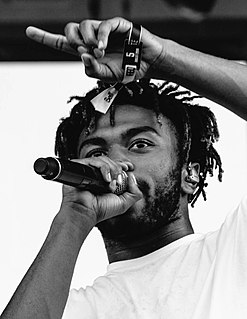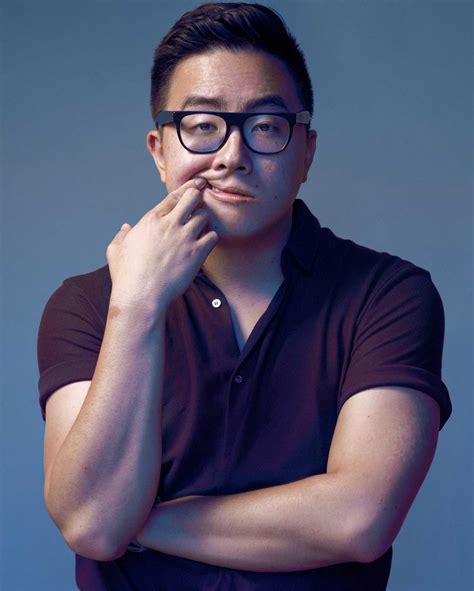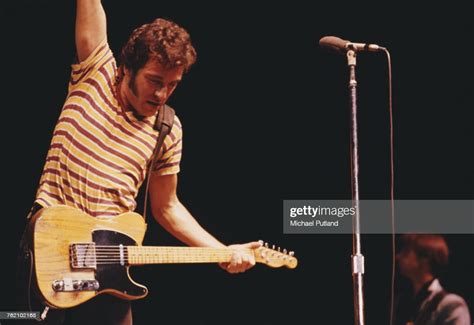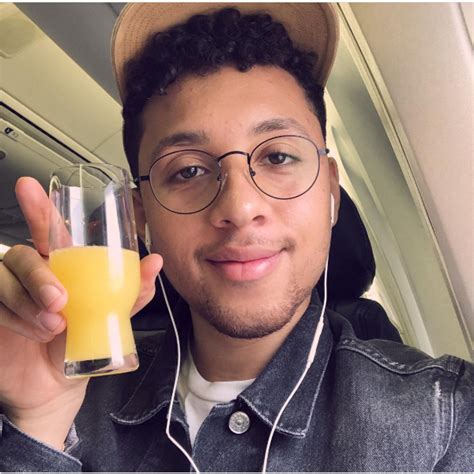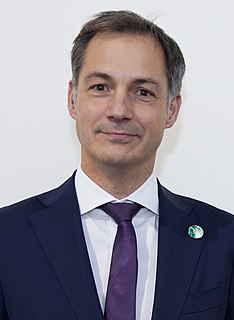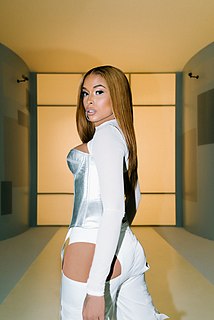A Quote by Ben Hopkins
A lot of my queer development as a kid came from trawling the Internet.
Related Quotes
A lot of artists I like end up being queer. Or maybe it's a subconscious thing that you can identify of, like, 'Oh this person understands the nuances of the romantic narrative of a queer person, or the social narrative of a queer person.' And then you discover, lo and behold that they are a queer person.
Before I became the president of AT&T's consumer division, I was running strategy and our internet services, so I was the president of one of the first internet service providers, ISPs, AT&T Worldnet, and running our internet protocol product development as well. So I knew a lot about what was going on with the internet.
A lot of different people under the queer umbrella come together but Like there's something inherently queer about the heist genre, in some way. It's about just flying under the radar and procuring something furtively or, you know, that thing that is just so fun and high-stakes in the way that a lot of queer experiences are.
I read everything and anything related to being queer. I found solace in reading authors like Audre Lorde and bell hooks, who would become my activist staples - their words helped me grow up and taught me how to be bold and courageous. By studying them, I came to understand that being young and queer and black would not be easy.


